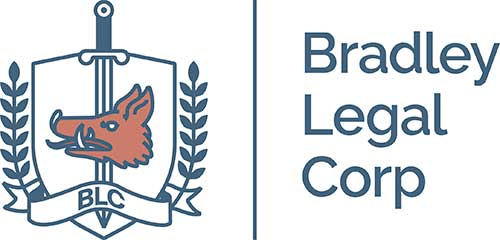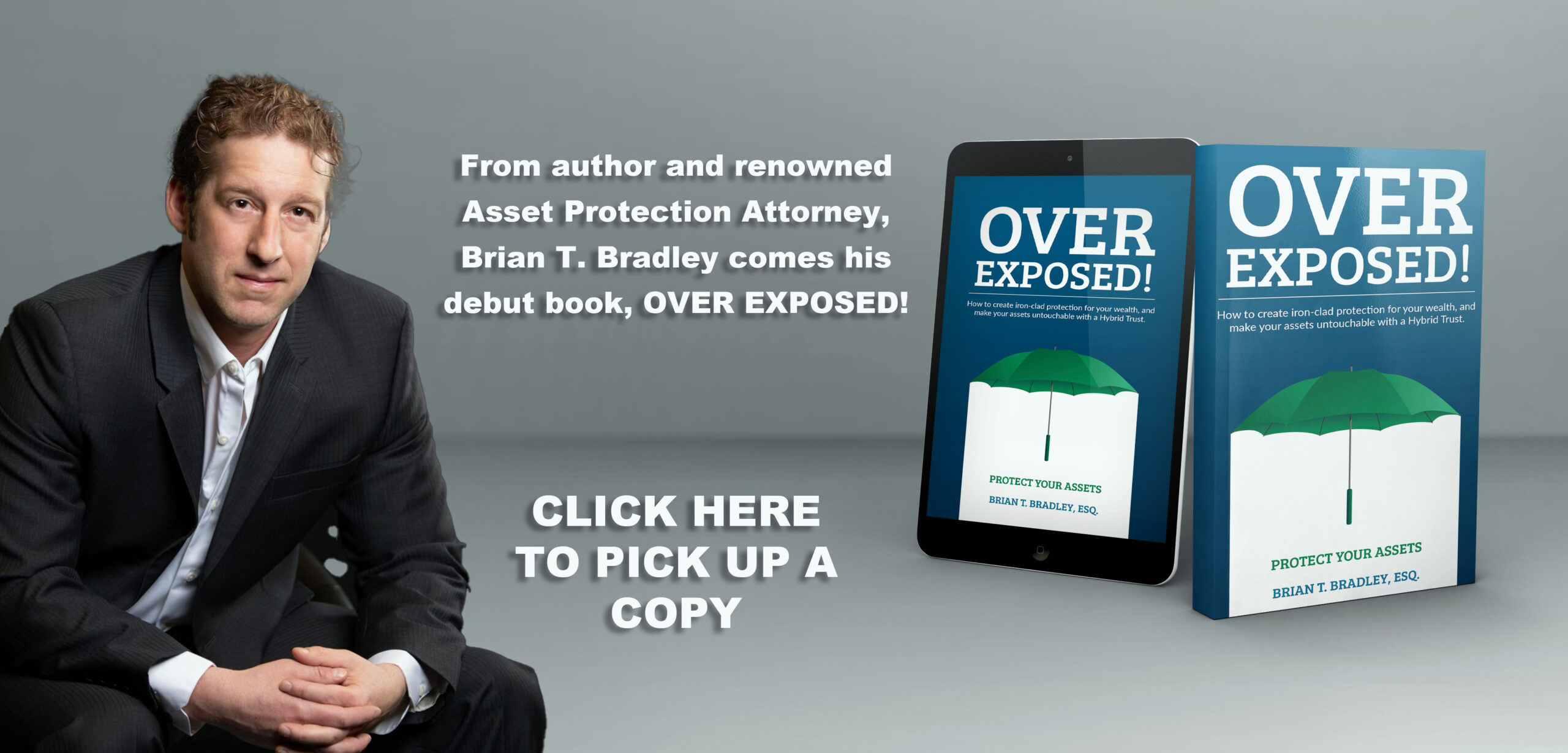ASSET PROTECTION ISSUE:
What happens when the assets of an ‘offshore’ trust are not actually offshore and subjected to the jurisdiction of a U.S. Court?
CASE SUMMARY:
In February of 1994, Robert Sessions (Sessions) set up an irrevocable Cook Islands Trust. It was funded with real estate in Illinois as well as a 99% interest in a Colorado Limited Partnership.
In the fall of 1995, Sessions made an irrevocable pledge to Rush University Medical Center (Rush) of $1.5M for the construction of a new president’s house on the university campus. Sessions made this promise in writing by executed successive codicils to his will. Rush did build the house at a cost of $1.5 million and Sessions was present to ‘cut the ribbon’.
In February 2005, Sessions was diagnosed with late-stage lung cancer. Of course, Sessions blamed Rush for not diagnosing the cancer sooner and clearly decided to revoke his previously agreed irrevocable gift, changing his will and removing reference to the gift to Rush.
Sessions died in April of 2005, leaving his 1% general partnership interest (valued at approximately $165K) in the Colorado LP to his newly created revocable living trust. There was over $16 million dollars in the Cook Islands Trust at Sessions death.
Rush sued to enforce the gift and sought to break into the trust.
TRIAL RESULT:
As might be expected the Illinois court chose not to apply Cook Islands law, but rather Illinois law. In doing so they ultimately found:
“that if a settlor creates a spendthrift trust for his own benefit, it is void as to existing or future creditors and such creditors can reach the settlor’s interest under the trust.”The result was that the court did reach into the trust and since the assets were also located in the United States the court had the power to reach them and the gift was enforced.
ASSET PROTECTION SUMMARY:
This case is absolutely no surprise.
- There was no surprise that the court enforced the gift.
- There was no surprise that the Illinois court ignored the Trust statement and applied Illinois law.
- There was no surprise that the court reached into the trust to get assets which were in its jurisdiction.
- There was no surprise that the court in its most basic holding eviscerated the essence of a Self-Settled Asset Protection Trust
It is hard to imagine that this case would have been any different no matter who served as Trustee or Protector of the Trust, or even if the Trust were settled in one of the U.S. Jurisdictions which do specifically allow for a Self-Settled Spendthrift Trust.
TAKE AWAY:
The lesson here is straightforward; if the assets are in the United States, then a U.S. court can choose to apply the law in such a way as to reach the assets. Even though this case did not concern a Domestic Asset Protection Trust, it bodes very ill for them on every level. And of course, if you take the time, effort and expense of setting up a Foreign Asset Protection Trust, make sure you have the ability to remove the assets should you ever need to when the time comes to defend the trust.


Recent Comments